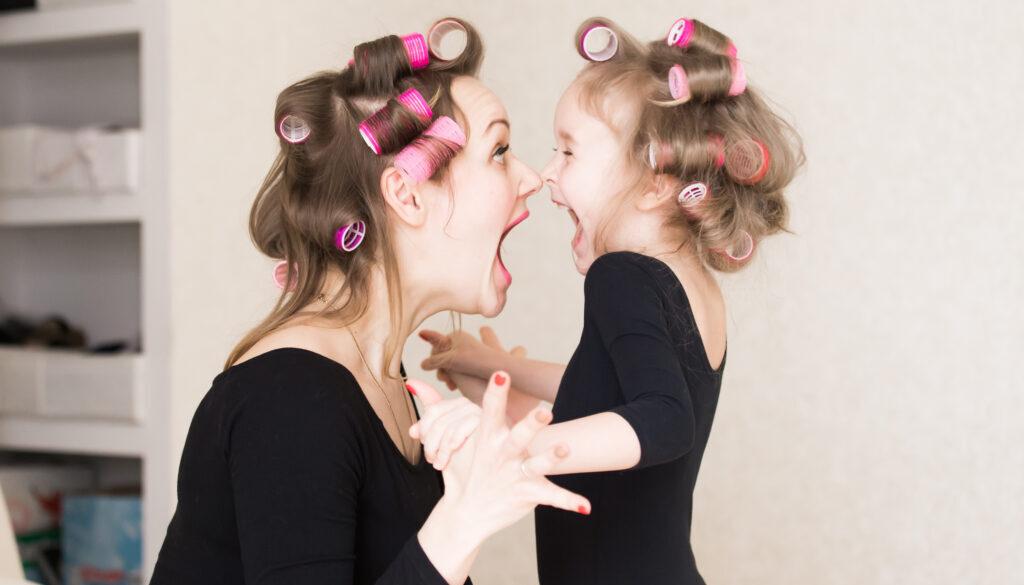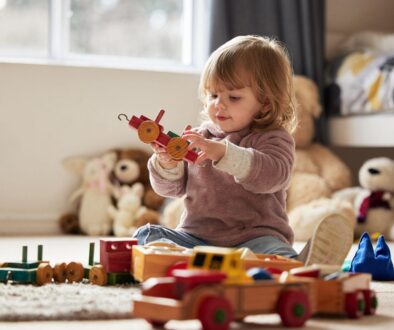Trading Places

Parenting can be hard. There are many days and even moments when we need to find creative ways to navigate the challenging parts of parenting. On those very hard days, try this simple strategy to help you show up for your child the way they need.
Take a deep breath… and TRADE PLACES.
Imagine that you are in your child’s shoes and experiencing what they are going through, then think:
“What kind of parent would I need right now?”
When your little one is throwing a tantrum and refusing to do what you’ve asked…
Instead of reacting, try… trading places.
Imagine what you might be feeling in that moment or what your child may be experiencing, realizing that big feelings can be overwhelming and hard to explain. This simple perspective shift can help you think about what your child might be needing and then how you can respond.
“I’m having a hard time understanding you right now. But I want to hear you, so let’s take a deep breath and try again.”
If your child breaks something while playing rough in the house, after they’ve been asked repeatedly not to play rough in the house, it might be a natural reaction to get upset and lecture your child about listening and following rules.
But trading places might give you a different perspective – that making mistakes is hard for most people and your child probably already feels shame and guilt about what happened.
Try being the parent you might need in that moment by responding with something like “I am feeling frustrated right now. I know that you didn’t mean to do it and it was an accident. I’m going to take a minute to calm down before we talk about this.”
Trading places with your child is like a reset button for your brain. It can help you see the situation from your child’s perspective and allows for you to take a moment for reflection. “How would I want someone to respond to me in this moment?”
It is important for parents to try to respond more to their children, rather than react. It is also okay for parents to make mistakes. We are all human. When a parent makes a mistake, maybe because they reacted out of anger, but apologizes to the child when everyone is calm, emphasizing which emotions took the lead of the interaction, it can be a powerful learning experience for everyone. This models to the child several important skills: apologizing, taking responsibility for mistakes, and identifying and organizing feelings.





